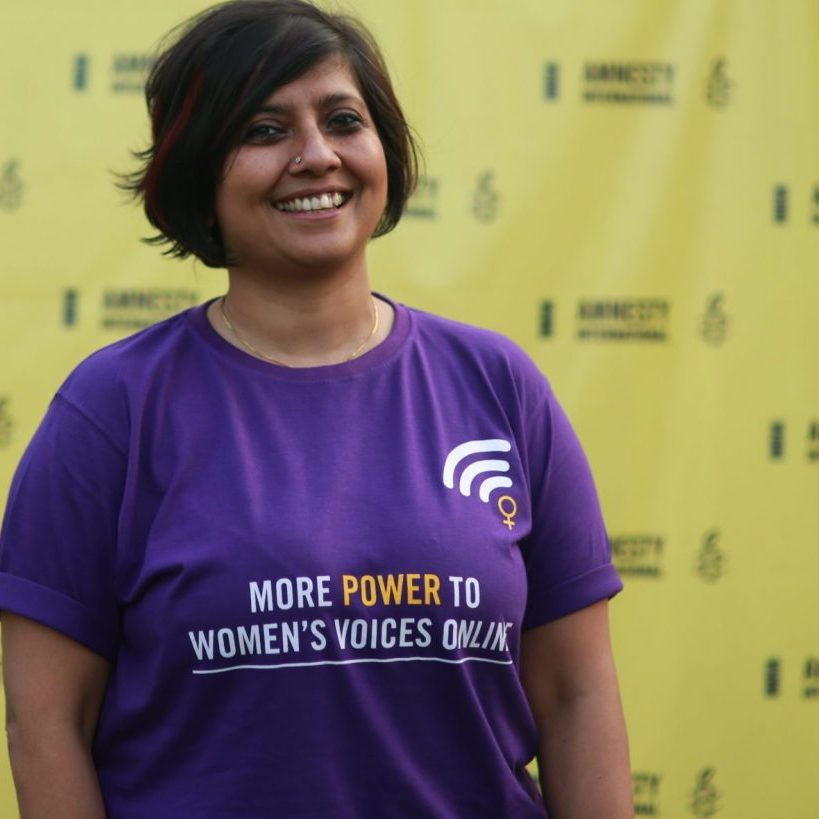
A new video, the first of its kind in Sri Lanka, hopes to not only promote Pride in Sri Lanka but to create a platform for large discourse in a country where homosexuality is still criminalised.
Homosexuality shouldn’t be criminalised anywhere, this video aims to promote the change.
The International Gay & Lesbian Human Rights Commission (IGLHRC) released a report at the end of 2014 in regards to LGBT rights and the Sri Lankan Government.
Generally, local LGBT activists in Sri Lanka are pleased that their government has publicly acknowledged that its interpretation of Article 12 of the Constitution is relevant for LGBT people.
Rosanna Flamer-Caldera from Equal Ground says,
“While this may not rain sunshine for the LGBTIQ community just yet, there is now at least, a sense of hope things will start changing in Sri Lanka and that the LGBTIQ community will be able to hold their heads a bit higher as the days go by. We urge the Government to open dialog with the LGBTIQ community.”
At the beginning of last year, the IGLHRC published a report on violence against LBT people in five countries, including Sri Lanka. The conclusion was that LBT Sri Lankans suffered high levels of sexual violence, emotional violence and physical violence at home and in public spaces. Because of existing laws, there is no legal recourse, which exposed victims to the risk of being charged by police for homosexuality, lesbianism or gender non-conformity.
The key concerns were submitted to the Human Rights Committee by the IGLHRC in the shadow report:
- LBT persons are not protected from sexual harassment in the workplace and are unable to access formal redress without incurring additional further abuse and harassment from employers.
- LBT individuals face job discrimination and some have lost employment because their identity cards did not match their appearance.
- Family members use physical and emotional violence to punish LBT individuals and force them to conform to gender norms.
- Although the Domestic Violence Act allows cohabiting couples to seek redress, the risk of penalties under the anti-sodomy law (Section 365A) and gender impersonation law (Section 399) of the Penal Code deters LBT persons from filing complaints and seeking protection orders.
- In a context where LBT people are already stigmatized and public officials express hostility towards gays and lesbians, the presence of discriminatory laws such as Section 365A and Section 399 of the Penal Code, and the Vagrancy Ordinance of 1842 paves the way for police and anti-gay groups to brand all LGBT people as perverts and criminals.



